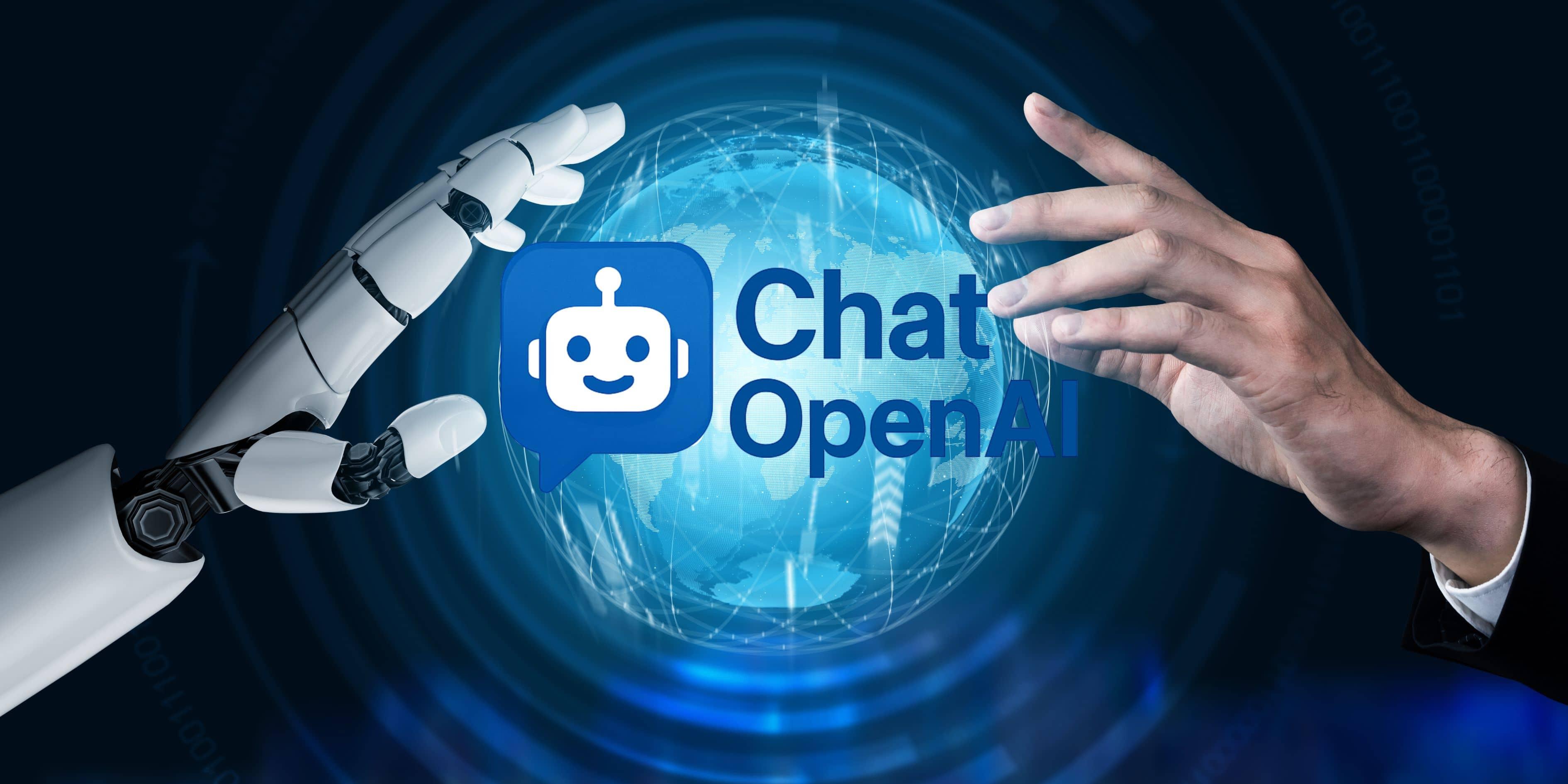The healthcare sector is undergoing a major transformation, and artificial intelligence (AI) is at the heart of this revolution. By analyzing complex data at lightning speed, AI is helping doctors make earlier diagnoses, develop personalized treatments, and optimize medical research, promising a future where care is more effective and accessible in 2025.
A Powerful Aid in Diagnostics
One of the most remarkable applications of AI is in diagnostic assistance. Algorithms trained on thousands of medical images (X-rays, scans, MRIs) can detect signs of diseases, such as cancerous tumors, with an accuracy often equal to or greater than the human eye. As highlighted by the European Commission, AI acts as a powerful second opinion for radiologists, identifying cases that might have been missed and reducing diagnostic errors.
Towards Personalized Medicine
AI is also the engine of personalized medicine. By analyzing a patient's genetic data, lifestyle, and medical history, AI can help predict the most effective treatment for them. This tailored approach, a key trend in healthcare for 2025, moves away from the "one-size-fits-all" model and increases the chances of therapeutic success.
Researchers and doctors are also leveraging conversational AI to accelerate their work. Platforms like ChatGPT Gratuit can help summarize the latest scientific papers or assist in drafting medical reports, allowing professionals to stay current and save valuable time.
A More Human Future
By automating administrative tasks and providing predictive analysis tools, AI allows healthcare professionals to spend more time with their patients. It is a valuable ally that is helping to make our healthcare system more proactive, more precise, and ultimately, more human.
Contact Information:
Company: Chat OpenAI Address: 10 Rue Jean Minjoz, 75014 Paris, France Phone: +33 0102557378 Email: chatopenai.net@gmail.com
#chatopenai, #chatgpt, #chatbot, #chatgptonline, #AI, #KI

